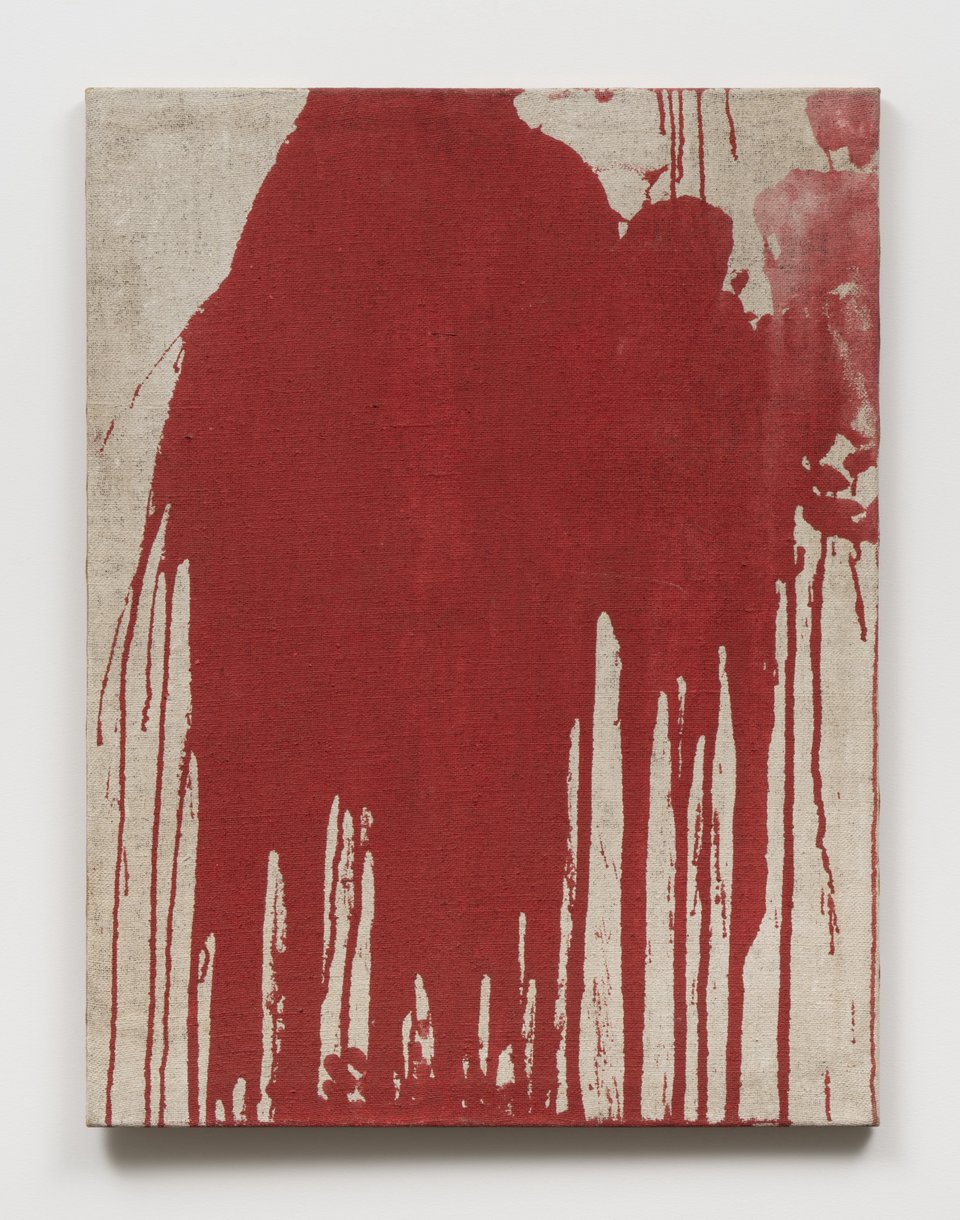Ajay Kurian Responds to Dean Kissick’s Clickbait Manifesto for Harper’s
Dear Readers,
I’m so pleased to publish this substantive response to Kissick’s piece (“The Painted Protest”) on the Critics’ Table at CULTURED. The full article by Ajay Kurian is here. I’ve pasted our editorial intro and an excerpt (and an image of a painting by Hermann Nitsch) below.—JF

For the Big Picture this week, the Critics’ Table enters the fray, taking a close look at Dean Kissick's recent, polarizing cover article for Harper’s. Our guest critic, the artist Ajay Kurian, questions Kissick’s assumptions about marginalized identities and major institutional exhibitions, suggesting that—as art discourse dovetails with anti-woke culture wars and we descend deeper into hell—neither DEI window dressing nor a return to the past will save us.
[…]
The meandering text, with its scattershot construction, ill-defined terms, and succession of straw-man arguments, is difficult to summarize briefly, but at the heart of it lies Kissick’s resentment for art “about identity,” its perceived claims to social transformation, and the increased attention given to artists of marginalized backgrounds. It seems written from the perspective of someone who has endured the arrows of woke puritanism for too long and has the bravery to declare enough is enough.
His reactionary musings would have, under other conditions, hardly raised an eyebrow—if, for example, he posted his critique as a series of glib tweets, or in his column "The Downward Spiral," which he wrote for the Berlin- and Vienna-based Spike Art Magazine from 2017 to 2022. (Kissick is an aging art-world edgelord of sorts; he has long posed as a jokey tell-it-like-it-is corrective to kill-joy social-justice types, taunting though never seriously engaging his detractors.) But the appearance of his nearly 7,000-word-long text in a legacy magazine whose readers know little about the biennial circuit of which he writes, and even less about the art world’s shifting fault lines and demographics over the past three decades or so—just weeks after the U.S. presidential election—has lit up the group chats, so to speak.